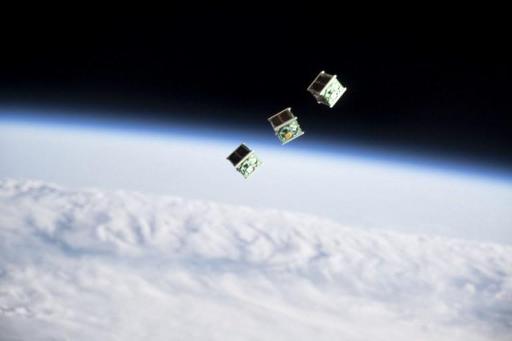The QARMAN nanosatellite, designed and built by the Von Karman Institute (VKI) in Rhodes-Saint-Genèse, was successfully sent into orbit from the international space station on Wednesday, VKI announced in a press release.
The satellite will take seven months to re-enter the Earth’s atmosphere, where it will collect and transmit data on the way the debris disintegrates there. The main aim of the mission is to arrive at zero space debris.
The Qubesat for Aerothermodynamic Research and Measurements on AblatioN (QARMAN) is 38 centimetres long and weighs just over 5 kg. Its design was initiated at VKI in 2013 and contrary to the traditional nanosatellite, which burns itself out, it is designed to resist on re-entering the atmosphere.
"With QARMAN we wish to analyse how any debris disintegrates on re-entering the atmosphere,” said Amandine Denis, QARMAN Project Manager at VKI. “Currently, part of the debris that passes through this layer lands on Earth, so it is crucial to have a better understanding of how it disintegrates to reduce the quantity of debris,” she explained.
According to Denis, QARMAN has 18 minutes, the length of its re-entry, to recover all the useful data.
To make this project a reality, VKI’s engineers had to tackle many challenges, including ensuring communication between the nano satellite and the ground, and testing the resilience of the different materials.
VKI collaborated with a French team and an Italian one on the project to send QARMAN into orbit, which came with a total price tag of over 12 million euros.
The Brussels Times

